Best Survival Books Of All Time
As preppers, we like to stay informed about the best ways to survive a disaster or other emergency. We can see what happens in emergencies and how responders come to the rescue if we watch the national news. But if you really want to hear the details of what’s happened and how people survived, you’ll need to read the best survival books. I’ve always told my readers to purchase hard copies of preparation and training books, not e-book versions. If we lose power, and we will, we want a hard copy of certain books so we can access them at all times. A reader asked me to remind all of us to get hard copies of survival books. As I’ve mentioned, I won’t be hiking up into the mountains to flee my neighborhood.
Most of Us Will Probably Bug In During an Emergency
I plan to stay put and live on my stored food, water, and other critical survival supplies and gear. I wrote this article a few years ago, but I felt I needed to update it since we’re all experiencing so many natural disasters and need to be adequately prepared. You don’t have to be in the wilderness to face challenging situations. We hear all the time about people who get themselves into trouble as they’re on an outdoor adventure. More often than not, the challenges come our way while at home in our regular shelter. We all need a family emergency kit and you can read about samples of them in my archive. Let’s review some books with great information that I highly recommend so the preservation of your family becomes first nature.
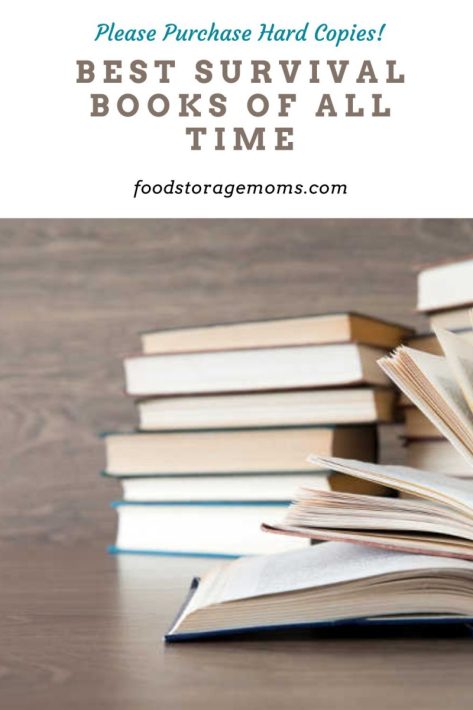
Again, if my house is flattened by an earthquake or flood, I’ll have to evacuate. I only buy hard copies of books that I feel will help me be best prepared today or possibly in the future. I also want to learn how to help my neighborhood get through just about any disaster, including an EMP.
If you haven’t read Ted Koppel’s book as outlined below, I highly recommend it. I was interviewed and recorded for my thoughts about living without electricity as Ted’s team worked to research for the book. Although my thoughts were not included in the book, it was an honor to be asked for my ideas.
So, let’s get started with some of the survival books I suggest you get. The word “survival” may sound a little strong, but let’s just say we may need some tools to get us through rough times, and we’ll have rough times at some point in our lives, if we haven’t already.
My attitude has always been “buy right the first time.” Please remember that some of these books are a bit pricey, but you get what you pay for in knowledge that is so beneficial.
Best Survival Books:
I was honored to be asked to write this book by Page Street Publishing. It is family-friendly, and you can have your children and grandchildren read it. When I was asked to write the book, I mentioned I didn’t want to talk about weapons in it—period. If you’re wondering if I have a weapon, yes, I do.
“Prepare Your Family For Survival”
Mark and I both have our concealed weapons permits and know how to shoot. Mark more than me due to his six years in the Army Reserves and years of hunting here in Utah. Weapons are a personal topic. I’ll leave it at that. Prepare Your Family for Survival: How to Be Ready for Any Emergency or Disaster Situation.
“Raymond Dean White”
We all know Raymond as Ray in our comments and forum group. He’s a gifted and talented writer, and I have some of his books. I’m lucky to be able to call him my friend. This is my favorite: Bugging In What To Do When TSHTF and You Live In Suburbia.
“Survival Medicine Handbook“
I have very few skills in the medical field, so I use this book all the time. Remember, if we lose power, you won’t be able to “Google” a question you’re wondering about. I’m just giving you the heads-up here. This book is user-friendly and has almost everything I have ever needed to look up regarding medical information for home use: The Survival Medicine Handbook: A Guide for When Help Is Not on the Way. It is the most complete guide I’ve seen for DIY medical care and treatment when you’re truly on your own.
It takes more than a first aid kit. You need to understand how to use first aid kit supplies and other items around the house. You also need to recognize symptoms and how to respond quickly. It takes a certain survival psychology to get through the tough times when you don’t have professional help readily available.
“Lights Out”
I wish I could get more people to read this book. I bought the hard copy and could only get one friend to read it. This book will give you the scoop if you want to know the truth about our country’s power grid. The grid system is unprotected against terrorist attacks. The equipment driving and supporting the grid would be virtually impossible to repair, let alone replace, particularly in a short time. You need to read this book! Lights Out: A Cyberattack, A Nation Unprepared, Surviving the Aftermath.This book was written long before all the current dialogue about AI and how our grid system is being weighed down from the new demands for power to drive the huge data processing centers and systems. We will need far more than candles, my friends.
“Survival Mom”
Lisa Bedford from The Survival Mom website is a friend of mine. As far as I know, she was one of the first preppers to write a book: Survival Mom: How to Prepare Your Family for Everyday Disasters and Worst-Case Scenarios.
“Bernie Carr”
Bernie Carr is also a friend of mine, and I have all of her books. This is great for kids: Jake and Miller’s Big Adventure: A Prepper’s Book for Kids. This is a great one: The Prepper’s Pocket Guide: 101 Easy Things You Can Do to Ready Your Home for a Disaster.
“Five Days at Memorial”
I read this book, and I was emotional the entire time, reading about the truth of what happened at Memorial Hospital in Baton Rouge after Hurricane Katrina. Five Days at Memorial: Life and Death in a Storm-Ravaged HospitalThe book is on my list because it tells the non-fiction story of what happened at one of the leading hospitals AFTER Hurricane Katrina. Please read and be prepared to take care of yourself and your family. Those poor nurses and doctors, what they had to go through with and for their patients. God bless all the families involved in that tragedy.
“Butchering and Meat Preservation”
Geeta Dardick’s “Butchering and Meat Preservation.” She shows how to butcher and preserve meat at home.
“The Ultimate Guide to Home Butchering”
by Monte Burch. “The Ultimate Guide to Home Butchering”. I quote< “Learn how to butcher cows, chickens, goats, hogs, deer, turkeys, rabbits, and more, ” with simple, easy-to-follow, step-by-step photographs and illustrations.”
“Aesop’s Fables Hardcover”
I quote, “The Classic Edition by acclaimed illustrator Charles Santore (Bedtime Stories With Moral Lessons) (Charles Santore Children’s Classics) .” This book is excellent for children when tucking them into bed or when the power is out.
Final Word
I’m sure there are other well-written survival books, but these are my favorite ones and aren’t necessarily Doomsday-type books. We need the knowledge before a disaster or unforeseen emergency hits our neighborhood. Thanks again for being prepared for the unexpected. May God bless this world, Linda
Copyright Images: Open Books Depositphotos_42154745_S by Pakhnyushchyy

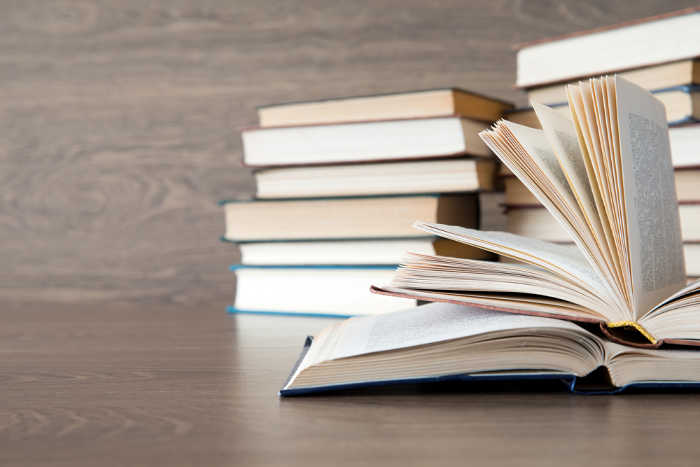

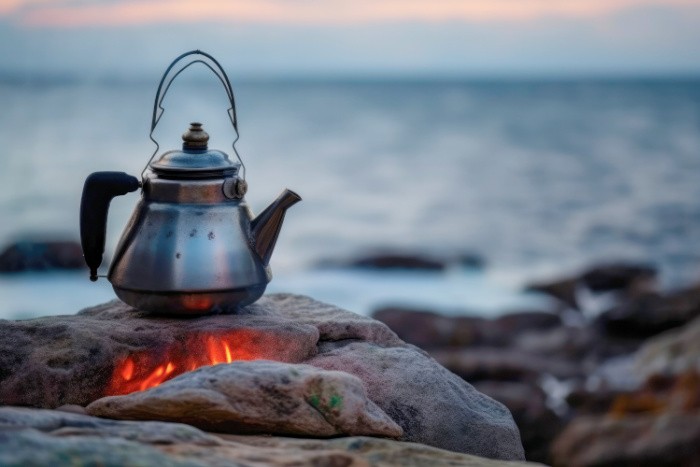
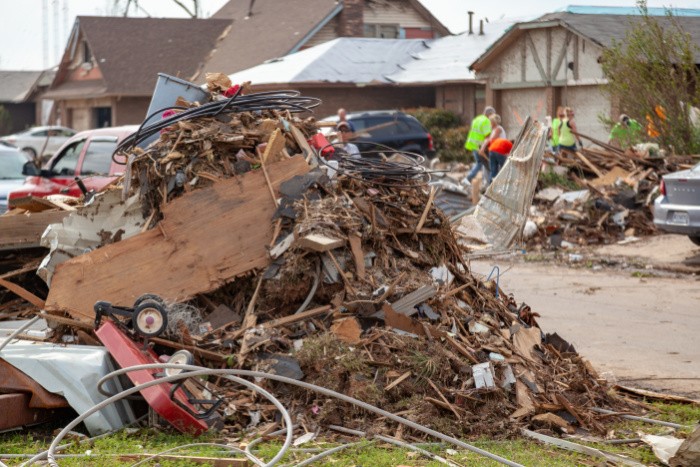
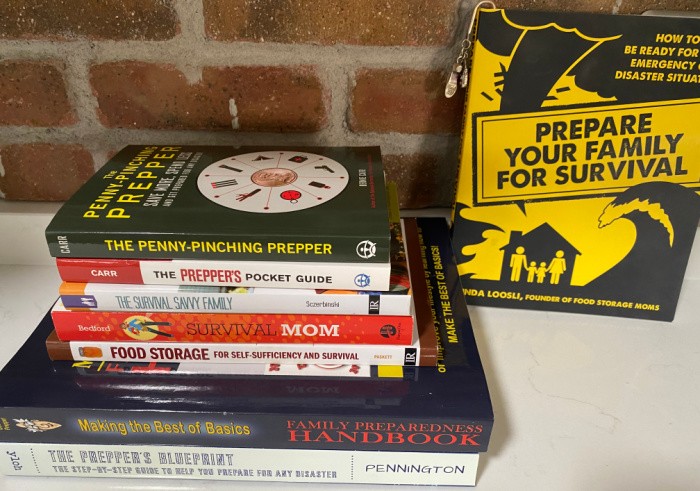
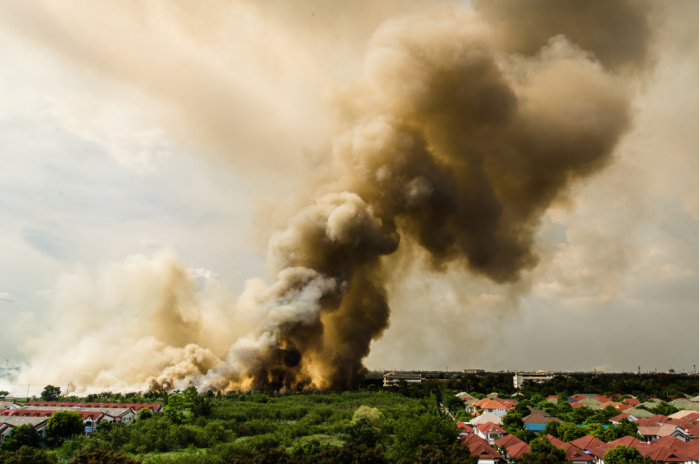
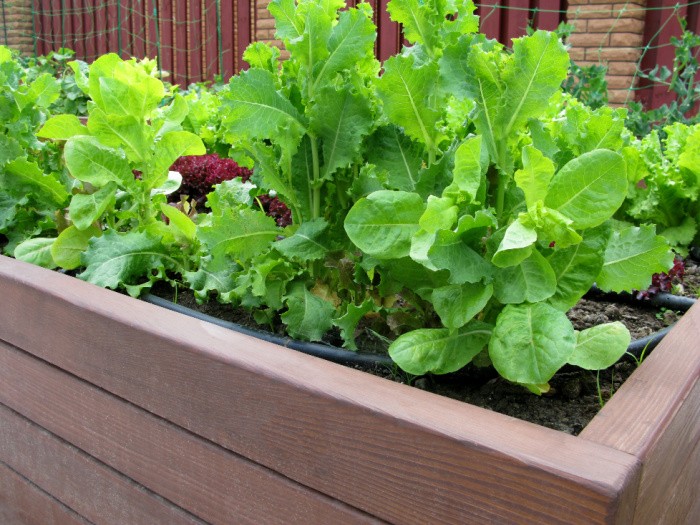


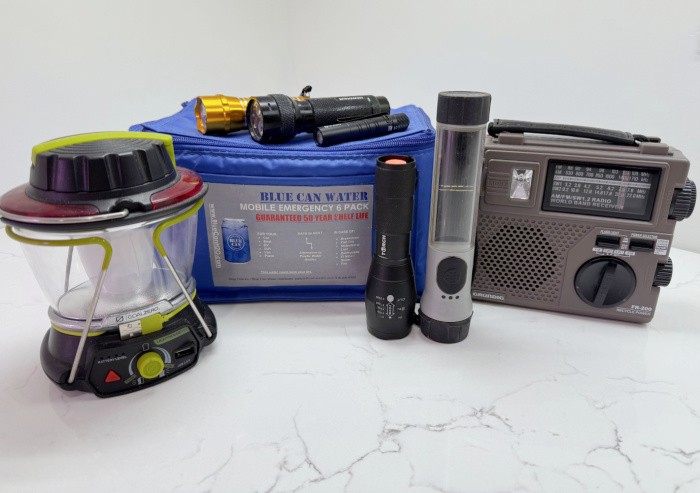
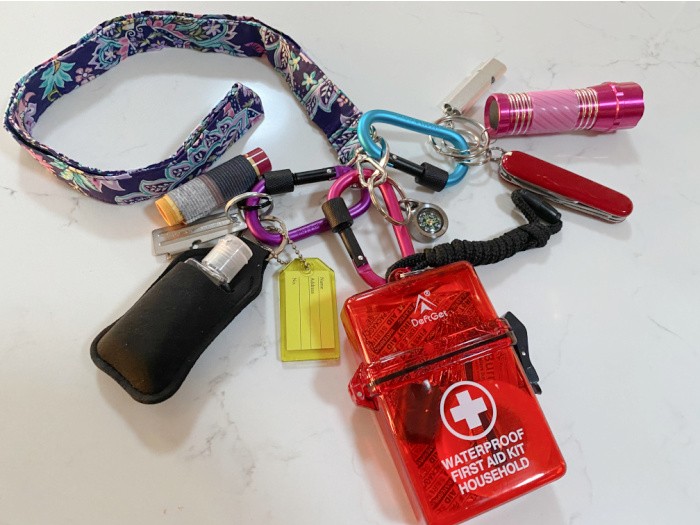










I have many of those books and a few more. Lights out by Ted Koppel, made Stephen King look like he wrote nursery rhymes. Some things are very, very simple, like keeping your car filled. Others, such as Survival Medicine, are a bit more complicated. I hope I never need these, but I would rather have them and not need them, than need them and not have them.
Hi Janet, I hear you on that! I hope I never need them either, but we are both smart and know we MAY need them. We can sleep at night knowing if we need them we have them in book form. Hugs! Linda
I am happy to say that I have four of the books you recommend.
HI Hessie, if you have a suggestion for another book, I’m always looking for good ones! Thank you, Linda
Linda,
Added one of your suggested books to order for my collection. Thank you. I agree, now is not the time to relax and put up our feet. And we certainly can not rely on the computer for communication if the grid goes down. I am actually working on putting together binders to use. i.e. gardening, herbs, canning tips, as well as my survival notes. They will be my “go to” source if ever needed.
With what is going in the world, it could turn into a full blown disaster, not saying it would, just could. I pray not, but will be prepared for anything, just in case. My mama taught me that.
Hope all is well with you and your family. Stay well and happy my friend.
Hi Vivian, If you have a favorite book please tell me about it. I read “One Second After” but all the hoopla about the book left me a little disappointed. I do worry about the diabetics in the world and I have a daughter with MS. Her medicine is about $4000.00 a month. I pray for a cure for that and all other bad diseases. I like the Lights Out book by Ted Koppel because it REALLY opened my eyes to how unprepared our country is for terrorist attacks. Our power system will be unable to repair or replace for years if possible at all. May God bless those who have prepared for life changes like you and I. I love your binder idea! You stay well and happy my friend. Hugs! Linda
I am an ever so grateful new owner of Linda’s book PREPARE YOUR FAMILY FOR SURVIVAL. I am just beginning to realize how little I know and how naive I have been. The original post was 2017, I didn’t discover Linda’s blog until autumn 2020. Just when I think I have it covered, I realize I have just scratched the surface. I am forwarding this post to my son in hopes he has some of these books,. Please everyone stay safe.
Hi Chris, thank you for your kind words, when I was asked to write a book in 2015, I was shocked. I said I’m not a writer. Page Street publishers said, that’s okay we want an expert and you are an expert. I said, well okay then. It was by far the hardest thing I have ever done in my life (writing a book). I agree, stay safe everyone. Linda
I would add something like “Peterson’s field guide to edible wild plants” and “Backyard Medicine”. I think both are available at Amazon.
Janet, thanks, I’m doing it right now. I love hearing about good books. Hugs! Linda
Linda ~
Always love your posts. They are so daunting for those just starting to prepare and encouraging for those of us who are at some stage in our preparations.
I have several of those books on your list. As I have said in previous comments on some of your other posts, I have tried to educate myself on herbal remedies. Some of the remedies that I have tried have not helped much but some are amazing! Two herbal books that I like are: Hands On Healing Remedies by Stephanie L. Tourles; and Rosemary Gladstar’s Herbal Recipes for Vibrant Health. Both have lots of remedies for the more simple health issue that we might have: coughs/colds/flu relief; skin issue relief; etc.
Another book that I have that I treasure is: Pacific Northwest Foraging by Douglas Deur. It has absolutely wonderful photos of local plant life, where the plants grow, when and how to collect, how to use and warnings. He goes into the historical use (i.e., how Native Americans used the plant) as well. I would suggest readers look for a similar book for their area of the country.
Something that I have done in the past when I find a plant that I cannot identify (weed, grass, flowering plant, etc.) is to take a leaf/cutting to my local extension agent to see if they can identify it. Once I have a plant identified, I can then research its uses. I remember a project I had back in the dark ages (high school!!!) where I had to collect plants, press them, identify them and give any other information I could about the plant and its uses. While I don’t remember any specifics of any of the plants I ID’d, I do remember some of the processes I went through.
I also believe that it is imperative that we learn first aid and CPR and stay current on those tasks so that we are able to help when/where we are needed.
So, to “end” my story here, I think that it is essential that we know as many ways as possible to assist ourselves and our families in the way of health if/when the disaster happens. I have books/information on medical procedures, essential oil treatments and herbalism. When “it” hits the fan, I want to be able to deal with whatever comes my way. I am a learner and will continue to learn about the different ways in which to help myself, my family and my neighbors.
Basically, I believe we all have the great need to equip ourselves to survive in the future. Whatever books we can get and actually use will be of benefit.
Hi Leanne, great comment! I agree we are all learning skills as we go on along and every book we can get will surely help us when needed. You are spot on with needing to learn CPR and first aid. We will be ready we are on our own without any doctor to help us. Great tips! Linda
Linda & all,
I’ve taught hunter education for 27 years and many of the handouts we use in class are available for free download. Keep in mind that Hunter Education is not just about stalking game; but, includes ethics, wildlife identification, and personal safety, including survival in harsh weather and harsh environments.
Linda,
With my vision issues, hard copies are a real chore to read; but, digital (pdf, etc.) and audio versions plus videos are my most useful choice. That being said, I plan to have power long after any lights go out, and the ability to read or listen to these versions is actually quite easy with a little planning. While this is not a simple and easy thing for everyone, I’m a retired engineer who designed, tested, and cobbled together hardware and software over a 40+ year career, so I have a plan that I think will work fine.
I agree that weapons are a personal topic. The wife and I have our Concealed Handgun Licenses and I have been a certified firearms instructor for nearly 30 years, so let us just say that we have a few firearms and a bit of ammunition on hand.
As for Koppel’s book, I am well aware of the fragile infrastructure and during my career helped develop SCADA (Supervisory Control and Data Acquisition) systems for power generation, distribution and other infrastructure control.
In our case, we have numerous ways to produce electric power, including a whole house propane fired generator and enough propane and other consumables to last for 6 months and even longer with conservation and use of a small solar array. Actually candles, when placed in front of a mirror, can provide a lot of light as can Coleman or Aladdin mantle lanterns, both of which can also provide a bit of heat (about 3000 BTU’s per hour) when operating. People need to start looking at their lives and equipment, not as individual things; but, as part of an interrelated system. An Aladdin lantern (used extensively by the local Amish) will generate 10-12 hours of clean white light on a quart of kerosene or unscented paraffin (lamp) oil and will produce about 3000 BTU’s of heat when operating. Suspending a metal container of water above the chimney can catch some of the waste heat and put it to use, and with care can even provide some cooking.
While we don’t have their book, we purchased some Cansolidators from them and they work great for organizing and inventory of our store bought canned goods.
I have been canning off and on for 50+ years and have always used the ”Ball Blue Book.” strong>
For handling livestock, my wife grew up on a farm and has handled various animals for more than 60 years; plus, in our rural community there are experts on nearly every animal you can think of and people always willing to help.
I’ll have to go through my books and get a good list together; but, there are hundreds, stretching over a nearly 50 year span and unfortunately many that are probably out of print.
Hi Ohio Prepper, great tips, I like the Ball canner book as well. I used to use that one until I learned from the USDA what needs to be added to different foods. I took the class and kept that book. Great comment, Linda
Site is no longer available.
Hi Deborah, thanks for telling us the site no longer works. I removed it. Linda
I own all the Foxfire books in hard copy. Lots of great information about rural lifestyles, homesteading, and lost arts/skills of our grandparents.
Hi Kathy, I need to look into those books, thanks for the tip! Linda
I highly recommend The Boy Scouts field book. Try to get the 1971 printing( E-bay has it) I recently got my second copy.It is a great prepper book.
Hi Elbert, I will look for that one from 1971, I looked at the date on mine it is 2009. Great tip, you know I love stuff like this, Linda
Linda,
Thank you for promoting my Bugging In book. I agree with you that hard copies are the way to go. Every Prepper needs a hard copy library in case TSHTF. You can’t have too many books on how to learn or develop the skills you need.
I recommend you add Geeta Dardick’s Home “Butchering and Meat Preservation” to your list, as well as “The Ultimate Guide to Home Butchering” by Monte Burch. Whether you’re butchering chickens and rabbits, or a steer or hog, or even large game, those books would serve you well.
Hi Ray, thank you for those books, I just added them to the list. You are right you can never have too many books! Linda
Oh, I should add that I have every book on your list and dozens more–many in both electronic and hard copy formats. And my own Bugging In: What To Do When TSHTF and You Live in Suburbia book has a chapter near the end that lists great books for Preppers to add to their libraries.
One of my all time favorites is a book that teaches children lessons about morals, ethics and how to think, all while entertaining them. It’s Aesop’s Fables, and in my opinion every parent should have a copy. If TSHTF it will be up to them to educate their kids and that book is a good start.
Hi Ray, thank you for reminding about the list in the back of your book. I added the Aesop’s Fables book as well. It’s a good one when the power is out or tucking kids into bed at night. Linda
I have or have read the books on the list.
For those wanting to purchase books for their prepper library, don’t forget about Thrift Books (https://www.thriftbooks.com/). You might be able to find books for less than Amazon!! I have pretty good luck when purchasing through Thrift Books.
One thing that I have done (and continue to do) is create a binder of things I believe I need to have when SHTF. I have it divided into sections: basics, medical, herbal/EOs, basic recipes, etc. I have basic recipes because I figure if I am in a situation and trying to make something simple like biscuits, I will forget something due to the stress! As I age, I feel the need to write down or in the case of the binder, print out things that I might forget!!
Books are great but I haven’t run across a book or books that have EVERYTHING that I want to “know” if the grid goes down or other disasters occur. We have to stay on top of all of our skills, knowledge and continue our research!!
Hi Leanne, I agree, there isn’t a book out there that will guide us through every disaster or unforeseen emergency. Thats’ why we gather the ones we feel will help us the most. Great comment, Linda
For those looking to add an herbal medicine reference to their collection, be aware that *from a preparedness standpoint*, most of the books out there are worthless.
I know it sounds harsh. Sure, they’ll tell you dandelion is good for liver problems or reducing cholesterol levels. Or that plantain relieves mosquito bites.
But does that reference tell you whether to use the leaf, root, or flower? When to harvest it for maximum potency? Whether it must be used fresh or dried? Whether the active constituents (what’s going to make you well) are extracted best with water, alcohol, oil, or vinegar? Whether they’re best extracted with heat or cold? The dosage? Contraindications and cautions?
Does that reference only cover minor issues, or are serious communicable diseases (like the measles and tuberculosis which have recently been in the news) also addressed? Is that reference for herbs that grow in your area, or are you supposed to order what you need online?
Armageddon Pharmacy: Herbal Medicine When the Drugstore Is Closed does all this. Its focus is the Great Basin and Intermountain West, but most of the herbs it covers grow all over the US–common backyard flowers, weeds, shrubs, trees, garden fruits and vegetables. At least 75% can be purchased at Home Depot if you aren’t already growing them. And most everybody has already got at least a dozen of these medicinal powerhouses already growing. Then there are the medicinal uses of kitchen substances–sugar, baking soda, gelatin, pectin, etc., as well as the healing virtues that we learn about in church each Sunday–the real medicinal value of these documented by scientific research. In fact, it’s all documented with sources to peer-reviewed medical journals and renowned herbalists.
Hi Jennifer, thanks for suggesting this book. I’ve never heard of it, I love learning new things, thank you, Linda
Hi Jennifer, oh, you wrote the book, gotcha. Linda
Hi Linda,
I was making tips for your readers, but on Feb. 20, 2025 my son, 48yr, died from a heart attack. Even though he had a physical earlier in Feb. with no signs of heart problems. He has had the Covid jab multiple times. No parent is suppose to bury their child.
Still read your columns but I won’t comment on them for at least during this time.
Hi Barb, oh I’m so sorry, my sweet friend. There are no words that I can say to a mother who had to bury her child. Just know I am sending hugs to you through the internet! Linda
Ah Linda! Subject near and dear to my heart! Books! Books books books! Doing the happy dance now!
Ted Kopel’s book is excellent! Very helpful and lots of hi-liter & notes. (on my 4th copy). Lisa Bedford’s book is excellent also, especially for families with children. (only on my 3rd copy). Bernie Carr’s book is great and I carry it with when we go to Dr. appointments to distract my brain a bit. (also 3rd copy). I’ll have to add Ray White’s book and the “5 Days at Memorial” to my eternal list for B&N.
Everyone! If you do not have Linda’s book you should really find a copy. Probably two copies so that when the first one gives it’s last gasp you have another to work in! (now your book is currently the 5th one I’ve introduced to hi-liter and Post It Notes!
Correct! Television and the internet will be among the first things to go!
Also one I do gravitate back to every now and again is a little gem I found at the library.
“The Prepared Home” by Melissa George. Good ideas, clear pictures, but I would have appreciated some information on some of the items she showcases. I give copies of your book and Melissa George’s book to people who are new to the idea of taking care of ourselves.
Hi Cheryl, thank for the suggestion on “The Prepare Home” by Melissa George. I appreciate your kind words about my book, thank you, my sweet friend. “5 Days at Memorial” a reader suggested it to me, I have read (audible) several times. Ted Koppel tells it like it is, with statements from experts, no fantasy story that’s for sure. Thank goodness we have hard copies to read when the power grid go down. Great comment, Linda